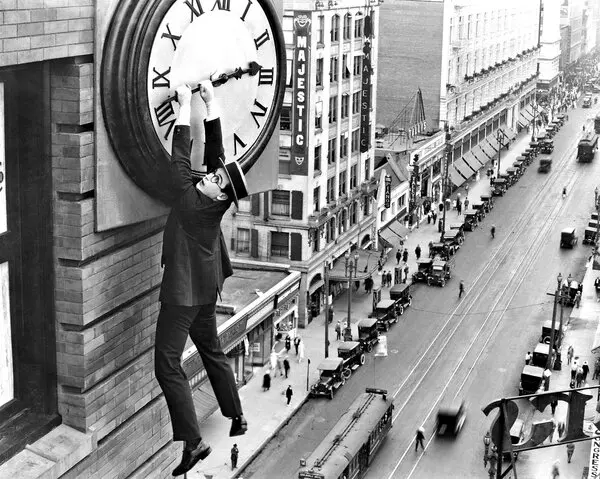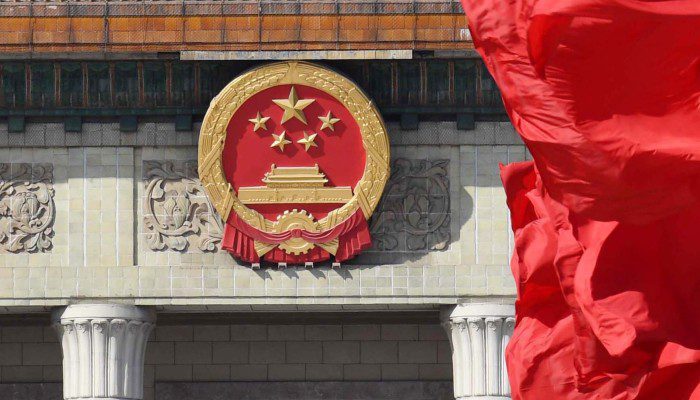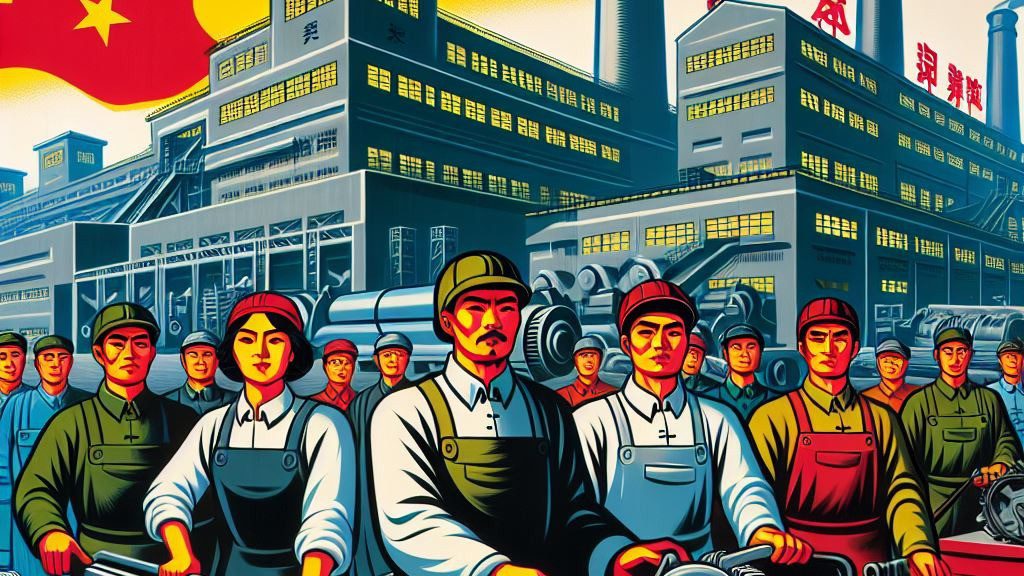The China Labor Law and the State Council’s Regulations on Employees’ Work Hours outline three work hour systems: standard, comprehensive, and non-fixed.
Standard work hour system 标准工时制
According to the standard system, the most common and widely applied, an employee works 8 hours per day and 40 hours a week and is entitled to at least one day off per week. After consulting with trade unions and workers, work hours could be increased to 3 hours per day and 36 hours per month.
This system usually applies to white-collar positions.
Comprehensive work hour system 综合工作时制
The comprehensive work hour system is often used for roles with irregular shifts for seasonal or project-based work and requires approval of the labor and social security departments. According to this system, work hours are accumulated over a set period, such as a week, month, quarter, or year. It allows for more work hours per week, but without exceeding the labor standard: the average weekly working hours shall not exceed 44 hours (Article 36 of the China Labor Law). The excess hours will be considered overtime work and compensated accordingly.
Wages and time off calculation is based on the labor standard; workers under this work-hour system are entitled to one day off a week.
A comprehensive work-hour system is often implemented in transportation, telecommunications, resource exploration, construction, etc.
Non-fixed (flexible) work hour system 不定时工作制
The non-fixed work hour system is adopted when it is difficult to determine a set number of work hours due to the nature of the business and the responsibilities. A fixed wage is paid per period, often monthly. There is no overtime pay associated with this system, however, in some regions, overtime pay for the work performed during statutory holidays is applied.
Implementation of the flexible work hour system requires the approval of the labor and social security departments and applies to:
- Senior managers in some sectors (e.g., retail, hospitality), field and sales staff, and other employees whose work hours are difficult to measure.
- Long-distance transportation personnel, taxi drivers, and loading/unloading workers at ports and warehouses.
Overtime
Payment for overtime work varies based on the adopted work-hour system.
Under the standard work hour system, if the overtime took place during the working days, the overtime pay is the employee’s hourly rate x 150%; for the overtime work during rest days,the overtime pay is an hourly rate x 200%.
Under the comprehensive work hour system, if the overtime took place during the workdays,the overtime pay is an hourly rate x 150%.
Under all three work hour systems, if the overtime work took place during public holidays, payment of no less than 300% of the employee’s hourly rate is required, unless there is a different region-specific policy in place.
Employees can apply for the time off instead of the overtime pay.
You can always reach out to our HR experts for more detailed information and guidance on China Work Hour Systems and labor regulations.
Latest Articles:
- Strategic Tax Optimization for Foreign Subsidiaries in China
- The Unmasking: How Chinese Manufacturers Are Challenging Western Luxury Brands
- Why Chinese Suppliers Should Maintain Long-Term Confidence
- Trump’s Tariff Moratorium: A Game of Chicken with Chinese Characteristics
- How I Learned to Stop Worrying and Love the Trump Tariffs: China’s Silver Lining Playbook







